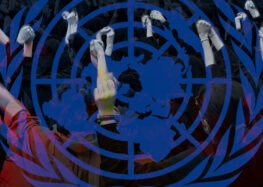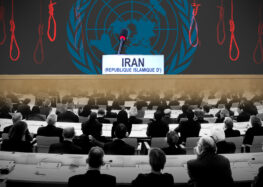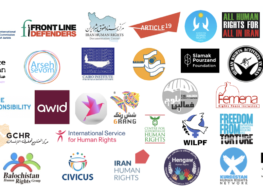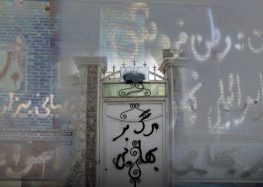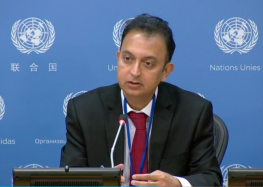UN Expert: Iran is “Dangerously Lacking in Basic Human Rights Safeguards”
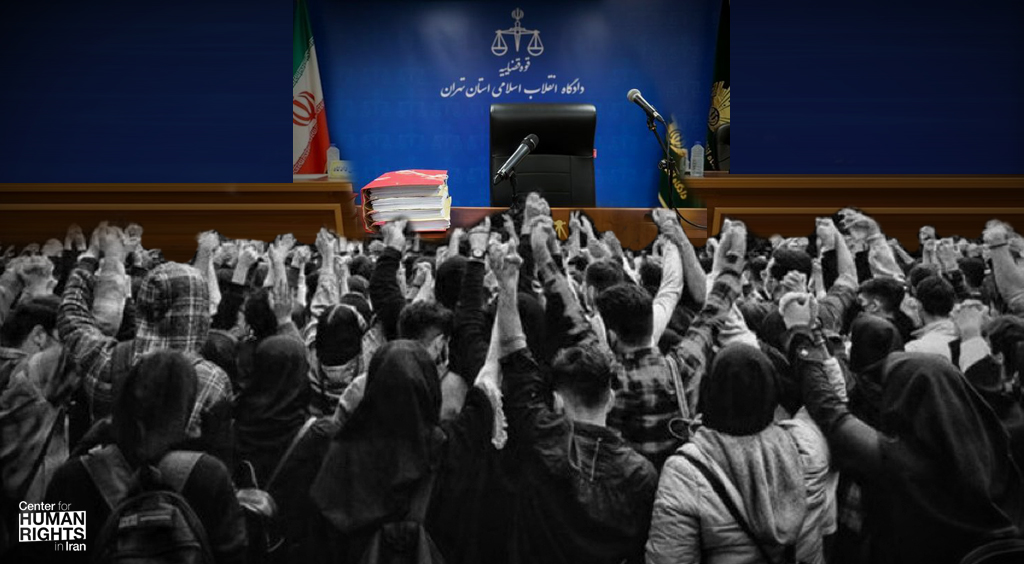
A UN human rights expert has reported on the entrenched shortcomings within the Islamic Republic of Iran’s legal and political framework, which severely curtail the ability of Iranian citizens to engage in democratic participation in political and public life. In his report to the United Nations General Assembly, Javaid Rehman, the UN Special Rapporteur on human rights in Iran, emphasized that existing constitutional and legal provisions in the Islamic Republic are influenced by political agendas and state ideology, hindering democratic dialogue and incremental reforms. This situation has led to public distrust, violent suppression of protests, and violations of human rights, including arbitrary arrests, detentions, executions, and killings.
Rehman also points to the discrimination faced by women, ethnic minorities, and human rights defenders. He underscores the urgent need for basic human rights safeguards and calls on the Iranian government to ensure equal participation in public affairs and access to public services. The expert urged the government of Iran to ensure that everyone is allowed to take part in lawful and peaceful assemblies and participate in public affairs without discrimination, including the right to vote and be elected in genuine periodic elections and the right to have access to public services, in accordance with Articles 21 and 25 of the International Covenant on Civil and Political Rights.
Read the complete press release for Rehman’s report below.
Read the report of the Special Rapporteur on the situation of human rights in the Islamic Republic of Iran here.
Iran must safeguard basic freedoms and protect human rights: UN expert
NEW YORK (24 October 2023) – The entrenched shortcomings in the legal and political framework of the Islamic Republic of Iran significantly limit the ability of Iranian citizens to exercise their right to democratic participation in political and public life, a UN expert said today.
“The problems with the existing constitutional and legal provisions are that they are subject to politically engineered criteria or the application of State ideology, which also results in the failure to engage in democratic dialogue and the inability to introduce incremental reforms,” said Javaid Rehman, the UN Special Rapporteur on the situation of human rights in the Islamic Republic of Iran.
In his report to the General Assembly, Rehman said the situation had led to widespread public distrust and protests that were violently repressed, with peaceful demonstrators harassed, injured, killed, arbitrarily arrested, detained, tortured and convicted.
“I am concerned about broader human rights issues and the significant deterioration in the situation of persons exercising their right to participation and accompanying rights,” the expert said. He pointed to the high number of arbitrary arrests, detentions, executions and killings of persons exercising their freedom of opinion and expression or carrying out their activities as human rights defenders and lawyers. “At least 419 people have been executed so far this year,” he said.
In his report, the Special Rapporteur highlighted the situation of women’s rights in Iran, expressing concern that individuals – both men and women – protesting against the compulsory hijab have been arrested and sentenced to lengthy prison terms. “Iranian women and girls are subjected to gender-based apartheid, targeting and discrimination, while ethnic minorities face institutional discrimination and persecution, having been excluded from all platforms for democratic dialogue or reform,” he said.
Rehman stressed that Iran was dangerously lacking in basic human rights safeguards. “While repression may increase over time, the basic pattern of human rights violations will not change until basic freedoms are guaranteed by law,” he said.
The expert urged the Government of Iran to ensure that everyone is allowed to take part in lawful and peaceful assemblies and participate in public affairs without discrimination, including the right to vote and be elected in genuine periodic elections and the right to have access to public services, in accordance with Articles 21 and 25 of the International Covenant on Civil and Political Rights.

